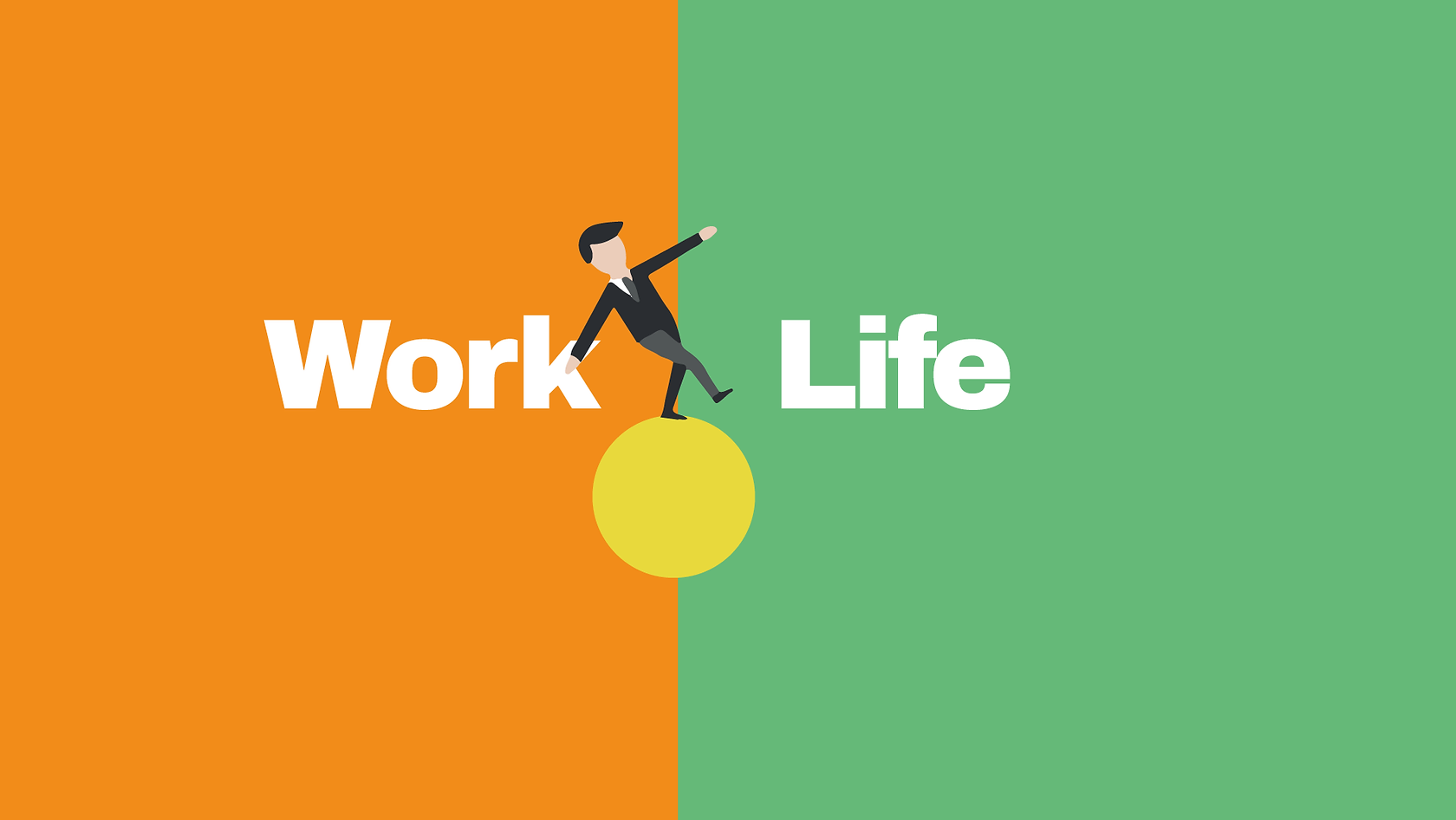
What is ‘work-life’ balance and how do we get it?
In the UK it is estimated that on average we work around 38 hours per week (ONS, 2019), in comparison with the global average of just over 44 hours per week (Harsch, 2019) you would think Britain would be sitting pretty with the work-life balance. Yet, we’re ranked as one of the lowest in productivity and don’t even feature in the ‘Top 10 Countries with a Great Work Life Balance’ (Harsch, 2019). Denmark takes the top spot with a similar average working week of 39.7 and in terms of productivity it isn’t always down to the long work week, Luxembourg is ranked as one of the most productive countries in the world with workers putting in on average 29 hours a week (Dimmit, 2018).
So, if it’s not about the hours you put in, what is it that gives us this elusive balance everybody is striving for?
Is the job right?
Can’t or won’t?
What is the balance and why is it important?
In today’s fast paced society some employees want to get as much productivity as they can from their workers, which can sometimes leave the workforce drained, tired and in some cases burnt out. Add in the everyday stresses whether it be child care, long arduous commutes or caring for loved ones, it can become hard to keep the momentum going after work finishes or at the weekend to then keep an active social life.
But is it as important to prioritise our social life as highly as our work life?
In short, yes.
Whether it’s going to the gym, going to lunch with your friends or saying yes to that date it’s really important for us to start putting in as much effort into our personal lives as we do our working lives. Achieving work-life balance is unique to everyone. It’s about finding a lifestyle that enables you to put equal effort and time into doing the things you enjoy, seeing the people who bring a smile to your face and achieving your personal goals as you do your work.
The risks of not having a healthy work-life balance can include:
– Burnout: work related stress which often results in physical and mental exhaustion.
– Changes to attitude: work and no play can often influence our attitude,making us snappier and short tempered.
– Reduced motivation: if we’re clocking in more time in the office or taking all the overtime it can result in less motivation to enjoy free time.
– Changes to physical and mental health: too much time spent in the office or being rushed off your feet frequently for long periods of time can affect both physical and mental health with some experiencing; weight gain, depression, reduced motivation, extreme fatigue and even high risks of developing physical health related conditions.
Related Insights
Keep Britain Working and the end of reactive absence management
Five wellbeing challenges employers will need to tackle in 2026
Flu season is coming early – is your workplace ready?
Occupational health insights on keeping your people healthy and productive
Want to have our latest research, case studies and opinions
delivered straight to your inbox?





